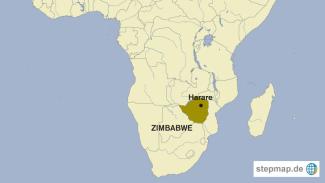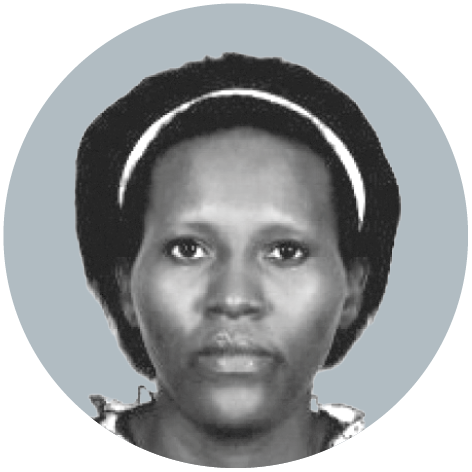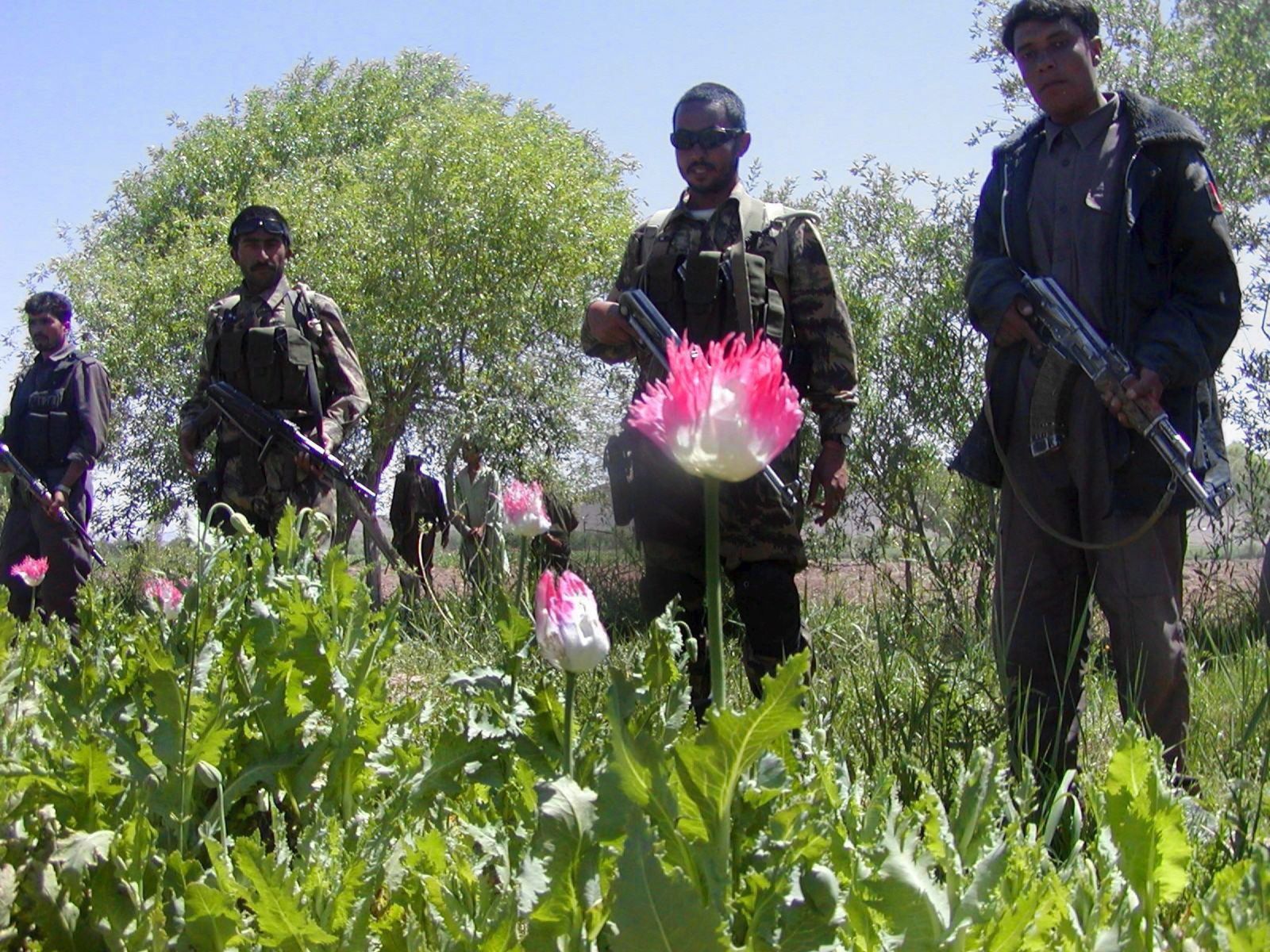Human rights
Soldiers abduct protesting citizens

In the night of 17 January, Andrew Muyendamberi was arrested by armed soldiers in a wave of crackdown on civilians, following protests against the fuel-price hike. Later on, soldiers came back to kidnap his wife. Their three children fled from home in fear. More than a month later, Muyendamberi’s 29-year-old son Agrippa says his parents are still detained at Harare Remand Prison. Soldiers had beaten them, he claims, accusing them of “influencing violent anti-government protests in their area”. According to Agrippa, however, his father’s offence was “merely being vocal against the crisis in the country”. Inflation in Zimbabwe is at 40 %, so many people cannot even afford food anymore.
Muyendamberi’s case is not singular. Richmore Gura says that soldiers came to look for his brother Dan, a well-known political activist. “Dan was not at home, so the soldiers seized my sister instead. Three days later we found her – she had been raped, tortured and dumped naked by the roadside.” Cephas Mashayamombe, the brother of Shadreck Mashayamombe of the opposition party MDC, was abducted by armed men wielding AK-47 guns and driving an unregistered vehicle. He was later found naked dumped in a ditch. He was so badly hurt that he now has to use a wheelchair. His brother is still on the run.
Human-rights lawyer Doug Coltart says that it is unclear who exactly conducts the raids. An investigation by the independent media outlet The Zimbabwean shows that forced disappearances and abductions are not a new phenomenon, but are “widely used as a form of intimidation, control, and punishment in Zimbabwe, particularly during times of political instability.” According to the online news outlet, “state security agents have used abduction as one of many methods to reduce and threaten opposition support”. Between 2000 and 2016, 5,894 abductions have reportedly been documented. “The vast majority of abduction victims in Zimbabwe are severely tortured,” the report concludes.
Citizens are living in constant fear. “Men with their faces covered with balaclavas are going from door to door at night,” says 30-year-old Mendisi Chuma, “and the next morning, more persons are missing.” In January alone, about 700 people were arrested. The abductions have called the attention of foreign diplomats in Zimbabwe. The US embassy calls “on the government to respect human rights, hold accountable those responsible for human-rights violations, and immediately end all violence by government forces,” according to a statement.
Link
The Zimbabwean: Abductions in Zimbabwe 2000 to 2016.
http://www.thezimbabwean.co/wp-content/uploads/2016/03/Abductions-in-Zimbabwe-2000-2016.pdf
Jeffrey Moyo is a journalist and lives in Harare, Zimbabwe.
moyojeffrey@gmail.com













